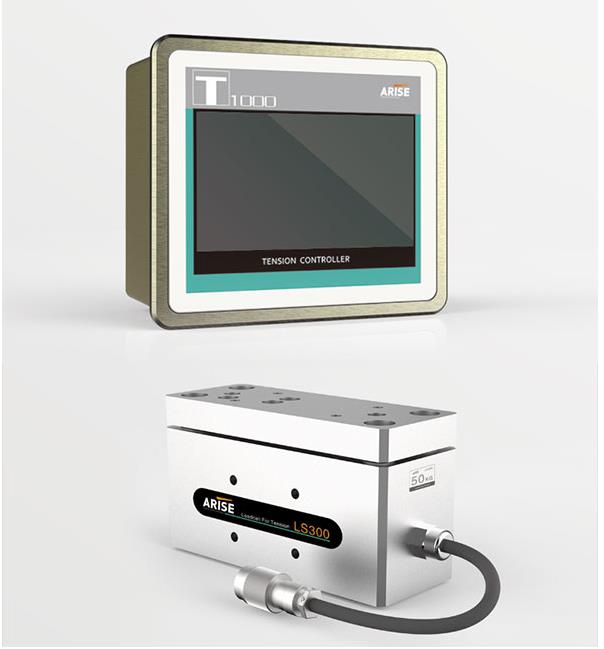In today's diverse manufacturing landscape, the ability to process various materials with precision and efficiency is paramount. Multi-material processing presents unique challenges in tension control due to the varying properties and behaviors of different materials. Effective tension control systems are crucial to ensuring high-quality products and optimizing production processes.

Key Challenges in Multi-Material Tension Control
Diverse Material Properties: Each material has distinct characteristics, including tensile strength, elasticity, and thickness, that influence its behavior during processing.
Variable Processing Conditions: Factors like speed, temperature, and humidity can significantly affect material properties and require adjustments to tension control.
Complex Machine Setup: Handling multiple materials on a single production line demands intricate machine configurations and calibration.
Real-Time Monitoring and Adjustment: Accurate and timely adjustments are essential for maintaining consistent tension.
Quality Assurance: Ensuring defect-free and uniform products is crucial in multi-material processing.
Operator Expertise: Skilled operators are needed to manage complex tension control systems effectively.

Advancements in Tension Control Systems
To address these challenges, manufacturers are turning to innovative tension control technologies:
Adaptive Control Algorithms: These advanced tension control algorithms use machine learning to dynamically adjust tension settings based on real-time data.
Multi-Sensor Integration: Combining various sensors (e.g., load cells, ultrasonic sensors, laser sensors) provides comprehensive material monitoring.
Intelligent Feedback Systems: These systems use sensor data to make real-time adjustments and ensure consistent tension.
Modular Design: Modular systems offer flexibility and scalability to accommodate different materials and processing needs.
Digital Twin Technology: Creating virtual replicas of physical systems enables simulation, optimization, and predictive analytics.
Predictive Maintenance: Using data analytics to predict maintenance needs and minimize downtime.
Benefits of Advanced Tension Control
Improved Quality: Consistent tension ensures product uniformity and reduces defects.
Increased Efficiency: Automated adjustments and predictive maintenance minimize downtime.
Enhanced Flexibility: Modular systems allow for easy adaptation to different materials and processes.
Cost Savings: Reduced waste and improved efficiency can lead to significant cost savings.

As manufacturing continues to evolve, advanced tension control systems will play a vital role in enabling efficient, high-quality production of diverse materials. By addressing the challenges and leveraging innovative technologies, manufacturers can stay competitive and meet the demands of the modern market.